The Social and Environmental Justice Certificate is designed for students who have an interest in studying courses with a major focus on topics relating to the intersection of physical activity, health and social and environmental justice advocacy including, Whiteness, (anti-)racism, (anti-)oppression, reconciliation, accessibility, and environmental health. Students will learn about the increasingly important role of kinesiology and physical education in advocacy for societal health, justice and environmental sustainability.
Requirements
Students currently registered in KPE must successfully complete 2.0 FCE from the following Social & Environmental Justice Pathway list of courses as part of their BKin degree requirements: KPE300H1, KPE305H1, KPE311H1, KPE321H1, KPE326H1, KPE335H1, KPE355Y1*, KPE390Y1*, KPE399H1*, KPE401H1, KPE403H1, KPE404H1, KPE405H1, KPE407H1, KPE410H1, KPE409H1, KPE421H1, KPE434H1, KPE455Y1*, KPE462H1, KPE490Y1*, KPE495H1*.
Courses with an asterisk(*) have varying topics and will only count towards the certificate if the focus of study/placement is on social and/or environmental justice.
IMPORTANT ELIGIBILITY REQUIREMENTS
- Individual courses may only count towards one identified BKin certificate in addition to counting towards the BKin degree
- Students are limited to a maximum of 3 BKin certificates with their degree
Please refer to this website for further information.
